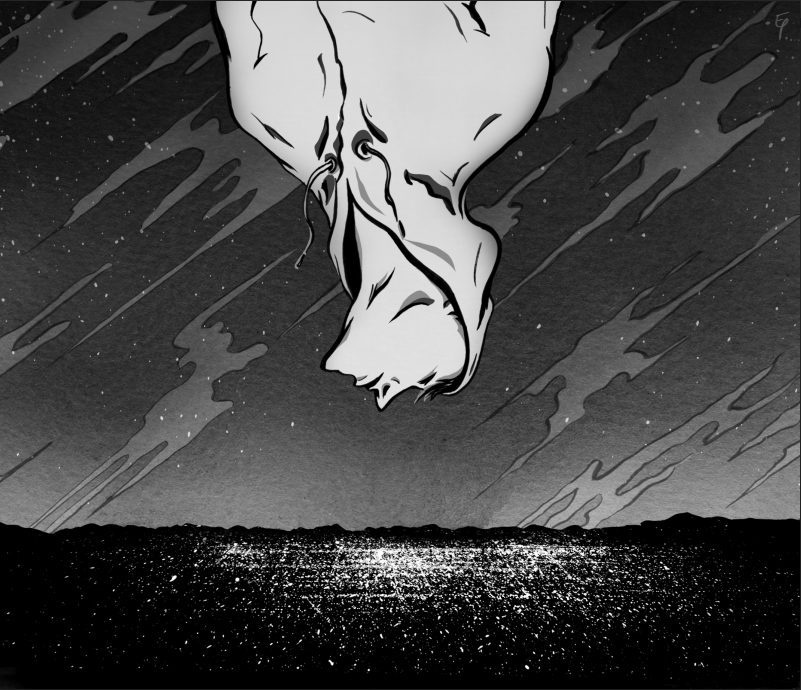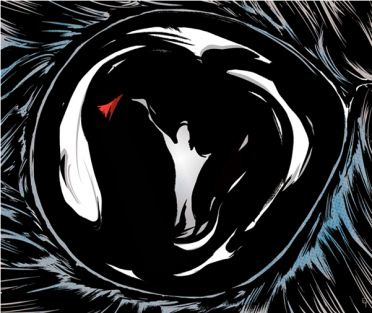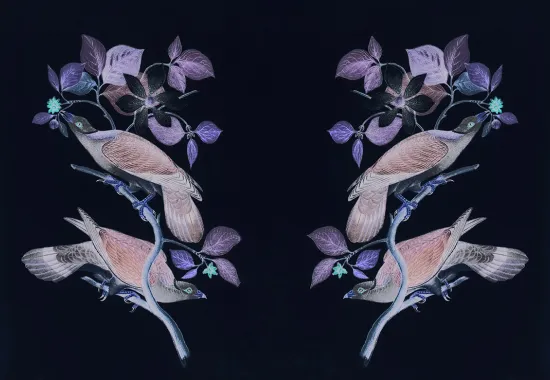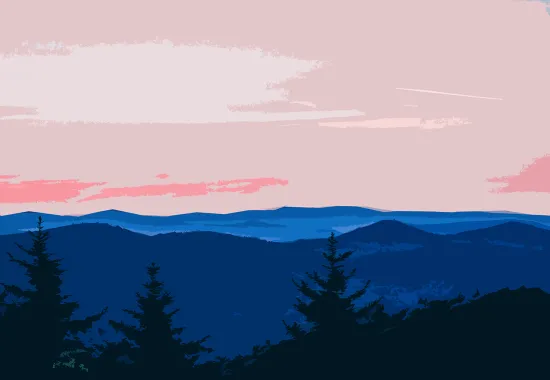Two Poems from a Dream of Anna Akhmatova

Sort of a strange experience on the writing of these two poems. I was an avid reader of Anna Akhmatova’s poetry, but it’s been years since I’ve read her work. The other night I had a dream about her: I was in a dark café—probably the Stray Dog, a name that always stuck with me in the biography, where Russian poets would meet and read their poems. Akhmatova stood up on the stage. I was trying desperately to make out the words of the poem, but I couldn’t hear her. The only thing I could hear was the sound, the tone of her voice that was like a very sad cello. And her eyes, I remember her eyes—those huge, mournful eyes. I could vaguely remember the dream when I woke up at 4 am And then I sat down and wrote these two poems. Both were written in less than ten minutes. I didn’t touch a word.
Abandonment
Bent on the weather of distraction,
I watched the blackbirds from the large framed window
make their way to the northern sea for the last time.
I don’t know why I was feeling the need to go with them,
or why the rain spelled the music of elsewhere,
or if the moon signaled its lost joy, like a child’s drawing
that had been left in a box of memories. All I know
is that the time had come for the end of summer.
A cold sun pressed its palm against the pane of glass
as if my heart would shatter—
so many pieces of impossible nights, a splash of leaves, perhaps,
in a field of elegant trees…
There was no point.
There was only the sound of a lifetime,
diminished. It drifts across the sea and a million stars.
It has no destination.
You come to me, dear soul, in the middle of this winter,
stubborn as a fierce storm.
What exactly do you expect from me night after night?
You follow me like an abandoned dog.
Crimes against Humanity
In the awkward moment of farewells,
small talk, coffee, the clatter of silverware at the café,
we left our signatures beneath the prose of endearments.
The train muttered the sound of towns with its gray whistle and scarves,
a cold wind embraced the warmth of the fire.
No one could have guessed by now how the country had changed.
We were strangers passing through centuries of farms,
cobblestone streets and mothers hurrying with their children,
bargaining prices for fish, cabbage and flour for bread…
The train sang through fields of wheat. Each time
it entered the tunnel of years,
it was a new dawn.
I got off, and stepped down to the platform.
I could tell you what I saw through the steamy windows:
the faces of the young, the faces of the old—
and the long, dolorous smoke of what we’ve done to one another.
Jacqueline Marcus is the editor of Forpoetry.com and EnvironmentalPress.com. She is a contributing guest writer for Buzzflash at Truthout.org. She is the author of Close to the Shore by Michigan State University Press. Her e-book, Man Cannot Live on Oil, Alone: Time to end our dependency on oil before it ends us, is available at Kindle Books. She taught philosophy for twenty years at Cuesta College, San Luis Obispo, California. Her essays, “The Beauty of Sadness: An Essential Human Emotion Exiled in a War Society”, “Neruda”, and "How Nazism Shaped US War Policies: Thousands of SS War Criminals Recruited to the U.S. by CIA-Pentagon after WWII" appeared in the North American Review blog. Her new collection of poems, Summer Rains, has been accepted for publication at Iris Press.
Illustrations by Eric Piatkowski. Eric was raised in Arizona, and after a few years of working in theater, he switched gears and studied illustration at the Pratt Institute. Now in Des Moines, he splits his time between drawing, drawing, and more drawing. Give him a call, he just might be the perfect man for the job. Prints of artwork are available through Etsy at Eric Piatkowski Art. The illustration above is titled "Adrift" for a story in issue 299.2, Spring 2014.
Recommended
The Shirt
After Hearing David Rothenberg Sang with Birds
Frothing Pink Poodle Droppings





